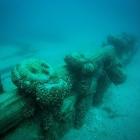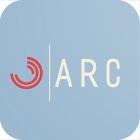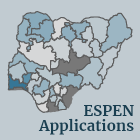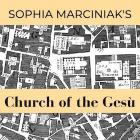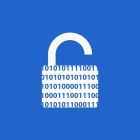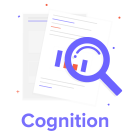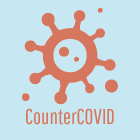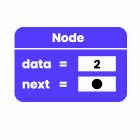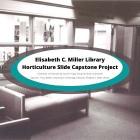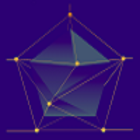
Washington Department of Licensing Defining Data Domains
The Washington Department of Licensing (DOL) is a core agency of our state government, providing a variety of personal and professional licenses and other legal documents. It manages huge amounts of data about Washington’s people and economy, and its data analysis is crucial to our legislature. However, its data governance lags behind its goals. We conducted dozens of interviews with DOL employees on how and what data they work with to craft a taxonomy and recommendations for how DOL should organize/conceptualize its data, improving efficiency and making the agency more responsive and modern, resulting in better services for all Washingtonians!

